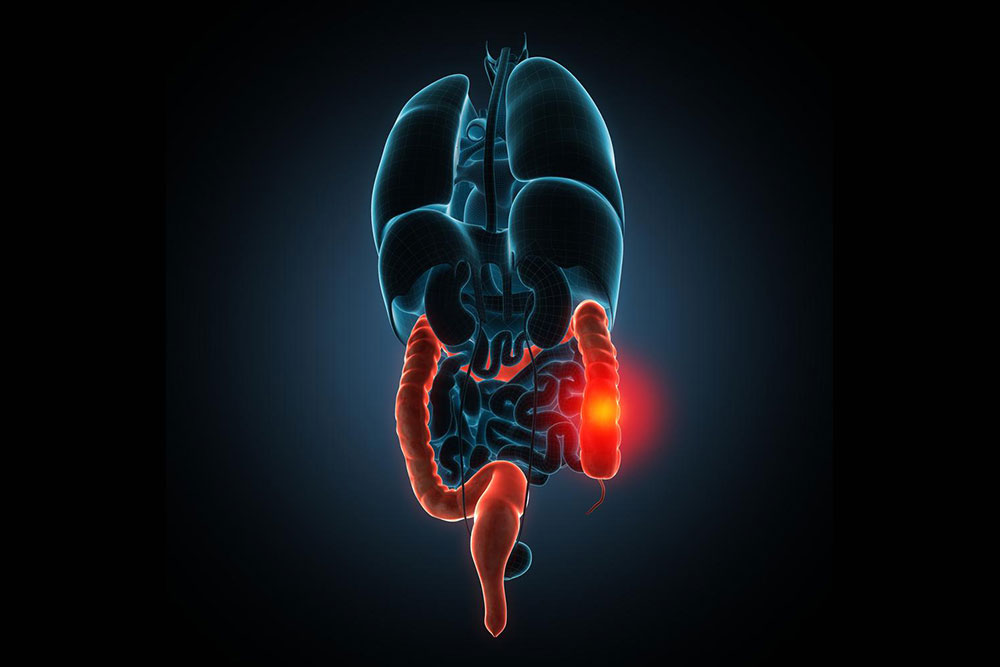Comprehensive Guide to Managing Irritable Bowel Syndrome: Causes, Symptoms, and Effective Strategies
This comprehensive article explores irritable bowel syndrome (IBS), covering its causes, symptoms, and management strategies. It highlights the significance of understanding IBS, recognizing symptoms, and adopting personalized treatments including diet, medications, and lifestyle changes. Emphasizing a holistic approach, the guide aims to help those affected by IBS improve their quality of life through informed choices and effective symptom control techniques.

Comprehensive Guide to Managing Irritable Bowel Syndrome: Causes, Symptoms, and Effective Strategies
Irritable Bowel Syndrome (IBS) is a prevalent gastrointestinal disorder that impacts millions of individuals worldwide. It is characterized by a complex array of symptoms that primarily affect the intestines, leading to significant discomfort and disruption of daily activities. Understanding IBS in detail—including its causes, symptoms, and available management options—is essential for those living with this chronic condition. This comprehensive guide aims to delve into the intricacies of IBS, providing valuable insights to help affected individuals better understand and manage their symptoms effectively.
IBS is a functional disorder, meaning it involves a disruption in the normal functioning of the large intestine without visible structural damage. It can significantly impair quality of life, leading to emotional distress, social withdrawal, and increased healthcare utilization if not properly managed. The condition involves complex interactions between the gut's muscles, nervous system, and various environmental factors that can trigger or exacerbate symptoms.
Causes and Underlying Factors of IBS
While the precise cause of IBS remains unidentified, research indicates several contributing factors. Abnormal muscle movements in the intestines, such as spasms and irregular contractions, can cause pain and alter bowel habits. Nervous system irregularities, including heightened sensitivity to intestinal stimuli, amplify discomfort and irregular bowel movements. Additionally, certain triggers—such as past gastrointestinal infections, psychological stress, specific foods, and hormonal fluctuations—play significant roles in initiating or worsening symptoms.
Infections like gastroenteritis can predispose individuals to develop IBS later, through changes in gut flora or lingering inflammation. Stress and psychological factors also influence bowel function by affecting gut-brain interactions, making mental health an important aspect of IBS management. Hormonal shifts, especially in women, can lead to symptom variations related to menstrual cycles.
Recognizing the Signs and Symptoms of IBS
Symptoms of IBS are diverse and can differ considerably from one person to another. Common signs include persistent abdominal pain, often relieved after a bowel movement, coupled with bloating caused by excessive gas buildup. Alterations in bowel habits are typical, with some experiencing diarrhea (IBS-D), others constipation (IBS-C), or a mix of both (IBS-M). Symptoms such as nausea, urgency to defecate, and mucus in stool can also occur.
In some cases, symptoms worsen after meals or during periods of stress. Warning signs demanding immediate medical evaluation include blood in stool, unintended weight loss, or severe, unrelenting abdominal pain, which could indicate other serious conditions.
Effective Strategies for Managing IBS
Although there is no cure for IBS, various treatment approaches can effectively alleviate symptoms and improve quality of life. Dietary modifications are fundamental; identifying and avoiding trigger foods—such as spicy dishes, fatty foods, caffeine, and alcohol—can significantly reduce flare-ups. Incorporating a high-fiber diet or using fiber supplements like psyllium husk or Metamucil can help regulate bowel movements, especially in cases of constipation.
Medication plays a vital role in symptom management. Antispasmodics can relieve intestinal spasms, while antidiarrheal agents like loperamide assist with diarrhea. For individuals experiencing persistent discomfort due to stress or mood fluctuations, antidepressants—particularly tricyclic antidepressants or SSRIs—may help modulate pain perception and reduce anxiety.
Beyond medication, lifestyle modifications are crucial. Regular exercise, adequate hydration, and sufficient sleep contribute to better gut health. Stress reduction techniques, including mindfulness meditation, yoga, and counseling, can profoundly impact symptom severity by calming the nervous system. Keeping a symptom diary helps identify specific triggers, allowing for personalized management plans.
In recent years, probiotics have garnered attention for their potential role in restoring healthy gut flora, which may ease symptoms in some patients. However, individual responses vary, and consulting healthcare professionals for personalized guidance is advisable.
Overall, a holistic approach encompassing dietary, psychological, and lifestyle interventions is most effective in controlling IBS. Education about the condition empowers patients to make informed decisions, leading to improved health outcomes and a better quality of life.





